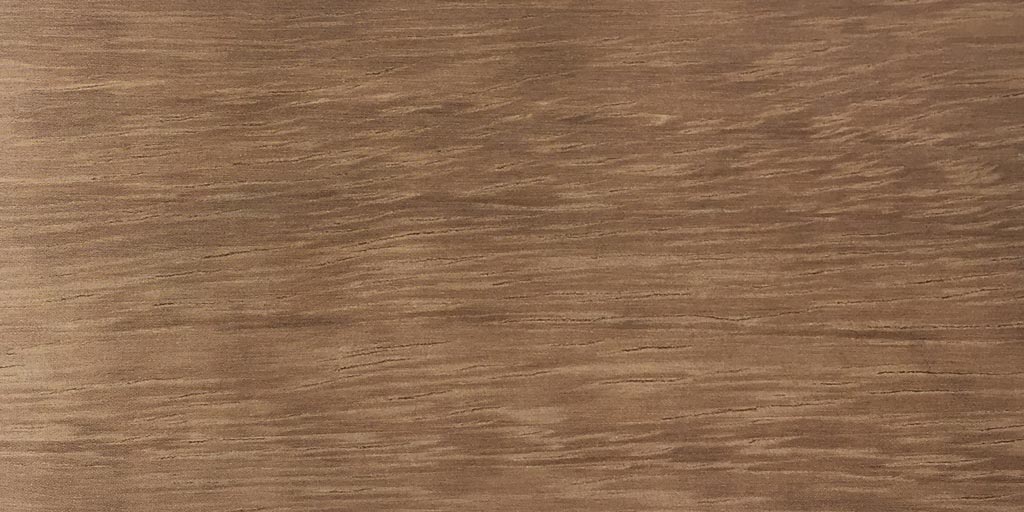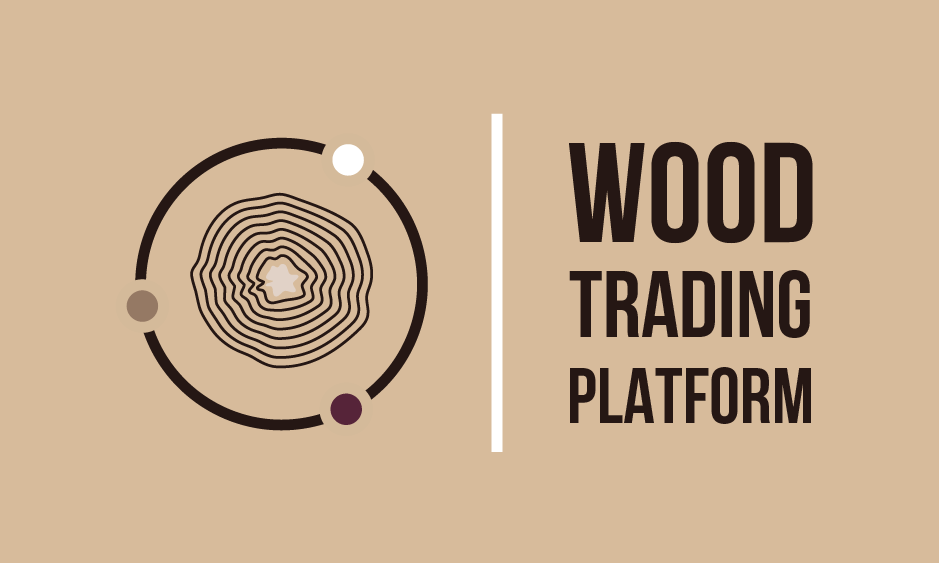
Scientific Name:
Chlorophora excelsaOther Name: Kambala, African oak, chene d’afrique, Odum
Family: Moraceae
Countries of origin and local name
Sierra Leone: Katema
Liberia: Semli
Nigeria: Rokko
Cameroon: Abang
Gabon: Abang
Congo Countries: Lusanga, Mvule, Molundu
Angola: Moreira
Kenya: Itule
Habitat
Afrormosia is a rare tree species found in West and Central Africa, including the countries of Ivory Coast, Nigeria, Ghana, Cameroon, and the Congo states. The tree grows primarily in groups.
Tree description
Afrormosia is a large tree reaching heights of 30-50 m (98-164 ft). The straight and cylindrical trunk is 60-160 cm (2-5 ft) in diameter, and is clear of branches for up to 30 m (98 ft). The scale-like bark is fibrous with strong red marks.
Wood description
The sapwood, about 3 cm (1.2 in) thick, is a lightly-colored mixture of white, green, and yellow. The core wood is greenish-brown with a silky luster and often displays greenish-red stripes. Pores may be filled with tannin, which can form calcium marks.
| DURABILITY CLASS | II |
| RAW DENSITY | 0.65 - 0.70 g/cm3 |
| BENDING STRENGTH | 100 N/mm2 |
| COMPRESSION strength | 57 N/mm2 |
| E-Module | 9,900 N/mm2 |
| Volume dwindle | 10.1 % |
| Radial shrinkage | 3.5 % |
| Tangential shrinkage | 5.6 % |
Property and application
This is a hard and heavy timber with strength values very near to those of teak and oak. It is an outstanding general construction timber for both indoor and outdoor purposes and is also quite suitable for parquet, staircases, gateways, doors, and windows. Pieces with attractive striped markings are used for interior architectural panels. Iroko is also ideal for small carvings and intarsia works.
How to use it
Very Good
Flooring, Walls, decking, Doors, Construction wood, Staircases, Ship, rail & truck building, Window frames
Good
Furniture, Paneling, Intarsia works, Cabinetmaking, Flat sawn veneer, Weapons industry
Usable
Rotary cut veneer, Modeling, Laboratory furniture & fittings
Not Good
Musical instrument, Plywood, Blind veneer
